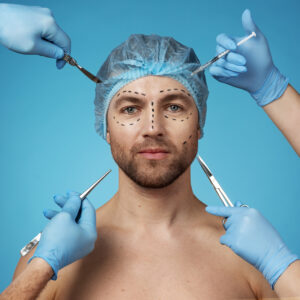Homecare Timeline
Caring for your infant’s teeth begins before a tooth is visible. From birth until about six months of age, you should clean your child’s gums. Gently rub a damp cloth over the gums after each meal.
Between six months and one year, teeth usually begin to appear. Now, it is time to brush the teeth twice each day with non-fluoride toothpaste or plain water. As soon as two teeth are touching, you should floss them every day, preferably before bedtime.
If your child sleeps with a bottle, fill it only with water. Other liquids, such as formula or fruit juice, can pool around the teeth and cause decay. This condition, known as early childhood caries, can be painful and have a serious impact on your child’s health.
From twelve to twenty-four months, most of your child’s baby teeth should have erupted. Continue to brush twice each day with a soft toothbrush and non-fluoride toothpaste, and floss at least once each day. About once every month, check your child’s teeth for signs of early decay.
Dental check-up timeline
Look for any white spots, especially at the gumline. Look for brown spots anywhere on the teeth. Tell us if you suspect decay may be starting. We may want to examine your child before the regular six-month check-up.
We want to examine your child sometime between the first tooth and the first birthday. If we see any problems, we can discuss early intervention that can prevent complicated and expensive procedures in the future.
We also want to talk about fluoride. We might recommend a fluoride treatment and discuss other prevention methods.
The first visit to the dentist should not be when your child is in pain. Coming to see us before there are any problems will make future visits more successful.
Bacteria transfers to child
The best way to care for your infant’s teeth is to take good care of your own teeth. If you have cavities or you are at high risk of decay, you can infect your child. During infancy, a child can receive cavity causing-bacteria directly from an adult with whom they are in close contact. Baby teeth are important. Taking care of them now can help reduce problems for years to come.



